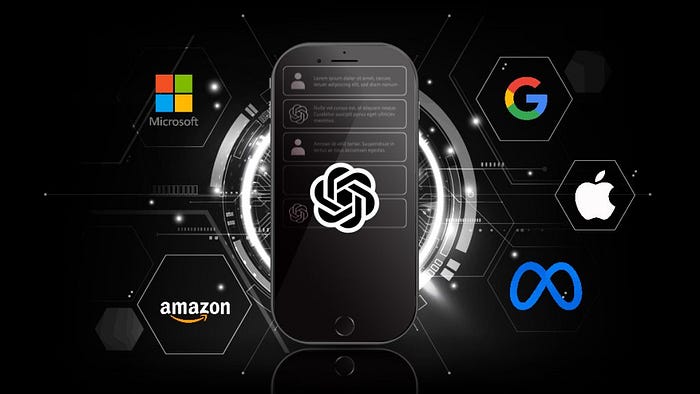The AI industrial revolution puts middle-class workers under threat this time — Business d’Or

Machines will come and eat your work. It has been a familiar refrain for many years dating back to the Luddites in the early 19th century.
In the past, step-changes in technology have replaced low-wage jobs with high-wage jobs. Some think things will change this time with the advent of artificial intelligence.
Politicians know, at best, that AI will wreak havoc on the labor market, but you’re fooling yourself if you think the answer will take years.
As the tech entrepreneur Mihir Shukla said at the recent World Economic Forum in Davos: “People keep saying AI is coming but it is already here.”
Developments in machine learning and robotics have been moving on rapidly while the world has been preoccupied by the pandemic, inflation and war.
AI stands to be to the fourth industrial revolution what the spinning jenny and the steam engine were to the first in the 18th century: a transformative technology that will fundamentally reshape economies.
Change will not happen overnight but, as was the case in previous industrial revolutions, it will be painful for those affected, as millions of workers will be. Previously, machines replaced manual labour, leaving jobs that required cognitive skills to humans.
Advances in artificial intelligence, symbolized by ChatGPT, show that machines can now perform creative tasks as well.
ChatGPT is an intelligent machine. When asked to make Abraham Lincoln’s Gettysburg Address in the style of Donald Trump, he will search the Internet for suitable source material and create original content.
Launched last November by OpenAI Labs in San Francisco, ChatGPT amassed 100 million users in 60 days. Facebook, on the other hand, took two years to reach the same milestone.
Other new products will follow. According to a report from Stanford University in California, the number of AI patents increased 30-fold between 2015 and 2021. Robots are constantly getting cheaper and better.
History shows that profound technological change creates serious problems for politicians. Each of the previous three industrial revolutions had the same initial impact. It has cut jobs across the economy, deepened inequality and lowered the share of income from work.
AI threatens to have exactly the same impact, but with one key difference.
Left unchecked, new car owners will make huge bucks from innovation. Capital will see its share of income increase at the expense of labor. Some sectors of the economy will be devastated, but employment will increase in others.
The difference this time is that the jobs most at risk are middle-class jobs, while many of the jobs being created may be low-paying dead-end jobs.
As Shukla noted in Davos, there are set days for people to process their mortgage applications.
There are ways around some of these problems. Governments can invest more in education and training to ensure that workers have the skills they need to live with dignity.
They may look for ways to spread the benefits of new technologies. Silicon Valley entrepreneurs have been the most vocal advocates for universal basic income.
But whatever they do, politicians must act not only quickly, but also cautiously. Economist Joseph Schumpeter popularized the phrase to describe how capitalism is periodically reinvented.
He called it creative destruction, and it is this process that is now in its infancy.
Business d’Or is a place of motivation for the business world. We are making the world’s most influential leaders and entrepreneurs who are driving change, remodeling organizations and developing a big impact on the world.
Originally published at https://businessdor.com on February 18, 2023.
Comments
Post a Comment